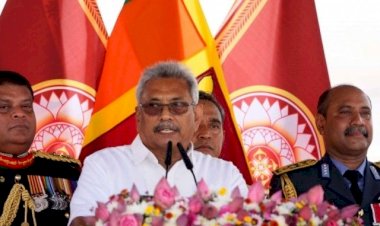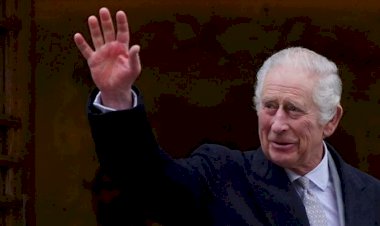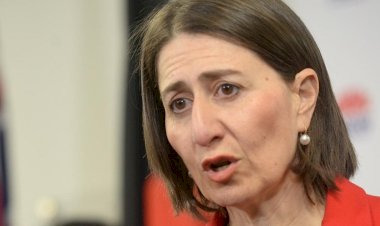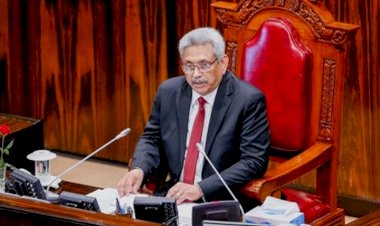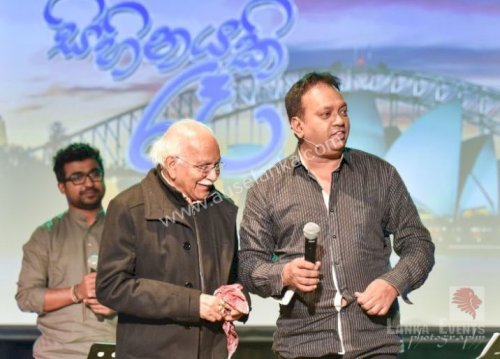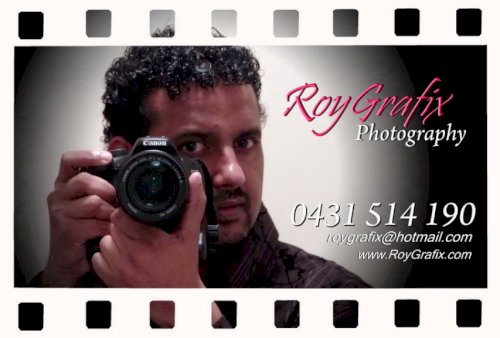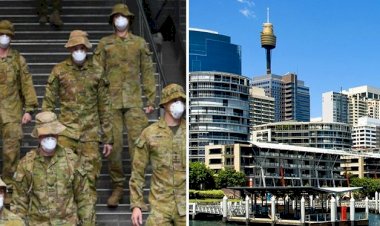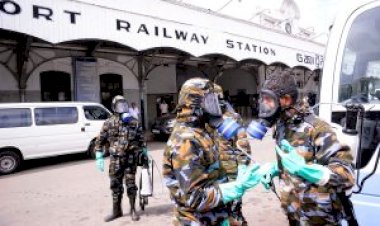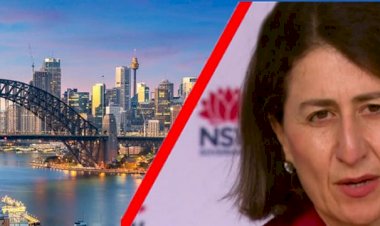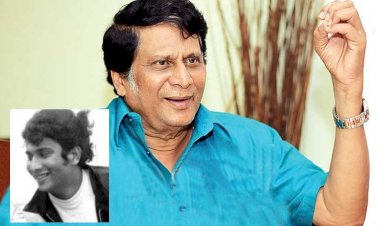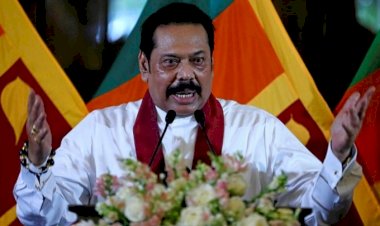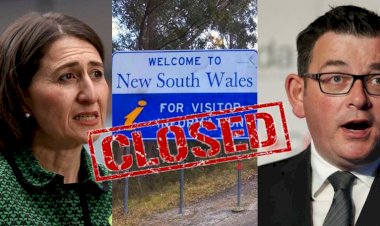NSW restrictions to ease despite records 1,029 COVID-19 cases
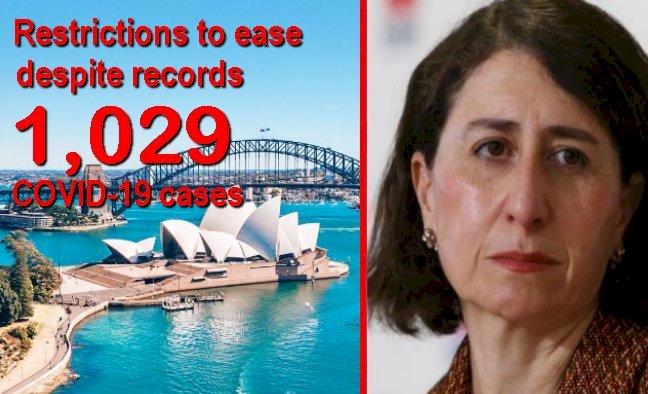
New South Wales has recorded 1029 new COVID-19 infections, marking a new daily record in the pandemic. Three deaths also recorded during 24 hour reporting period. Each of the three men who died were unvaccinated and died at home after being cared for in the community by the Western Sydney local health area.
Despite the spike in infections, Premier Gladys Berejiklian has announced a number of easing restrictions for vaccinated residents surrounding outdoor gatherings, which will come into effect on September 13.
A number of other restrictions will also ease from next week, with rules around funerals, single bubbles and real estate to change from Monday.
Ms Berejiklian said the NSW government was also working on an app that would allow people to sign in to a business or venue in a way that would also confirm their vaccination status.
NSW Chief Health Officer Kerry Chant has confirmed that from September 13, police will be checking the vaccination status of people who are outside and what they are doing.
"Police have been consulted on this. If there is any issues of noncompliance or is causing issues, of course, government has always changed its mind but as the premier has said repeatedly, we have to give the community the benefit of the doubt," Dr Chant said.
"The vast majority of people in the community do not want to see their loved ones subject to COVID-19 and are doing all they can."
From 12.01am on September 13, the following changes will come into effect:
– People who live outside of the LGAs of concern will be allowed to have outdoor gatherings of up to five people, including children, so long as all adults are fully vaccinated. The gathering must occur within their LGA for within 5km from home.
– For those who live in the LGAs of concern, household with all adults vaccinated will be able to gather outdoor for recreation, including picnics, within the existing rules. This means for one hour only, outside curfew hours and within 5km of home. This is on top of the already-permitted hour of exercise.
As part of the roadmap when the following targets are hit, freedoms will be as follows, A NSW statement said.
- 70 per cent full vaccination: a range of family, industry, community and economic restrictions to be lifted for those who are vaccinated.
- 80 per cent full vaccination: further easing of restrictions on industry, community and the economy.
Ms Berejiklian said businesses and industry needed to prepare for a 70 percent vaccination level throughout the state.
"NSW is calling on industry and citizens to get ready for when we are 70 per cent double-vaccinated. That's when things will start to open," she said.
She said businesses should once more prepare a COVID safety plan, including QR code check-ins.
Premier Gladys Berejiklian said every state and territory will have to deal with the Delta strain of Covid-19 when the country starts to reopen.
"Every state, NSW has had to deal with this in a very stark way, but every state, once they get up to 70 and 80 per cent (vaccination rate), every state will deal with Delta. Every state will have to deal with the fact that you will have more cases," she said.
"As I keep saying, the most important statistics for us to focus on are the high rates of vaccine and the number of people we keep out of hospital. That is really important moving forward."
Earlier today, the head of the NSW AMA warned against changing the public health orders, saying health experts "don't think now is a safe time to relax restrictions".
The increase in numbers is causing additional pressure on the hospital system, with close to 80 per cent of the state's available intensive care beds now full.
President of the AMA Dr Danielle McMullen said health professionals across the board believe now is not the time to relax any restrictions.
"As a healthcare organisation, we've been racking our brains for weeks to try and think of what is it the Premier could possibly announce that is safe to re-open and actually makes a meaningful change in people's mental health," Dr McMullen told Today.
"We know that lockdowns are hard and that it's difficult for mental health, it's financially difficult for many people but there is no safe relaxation at this point.




 mode1
mode1 






